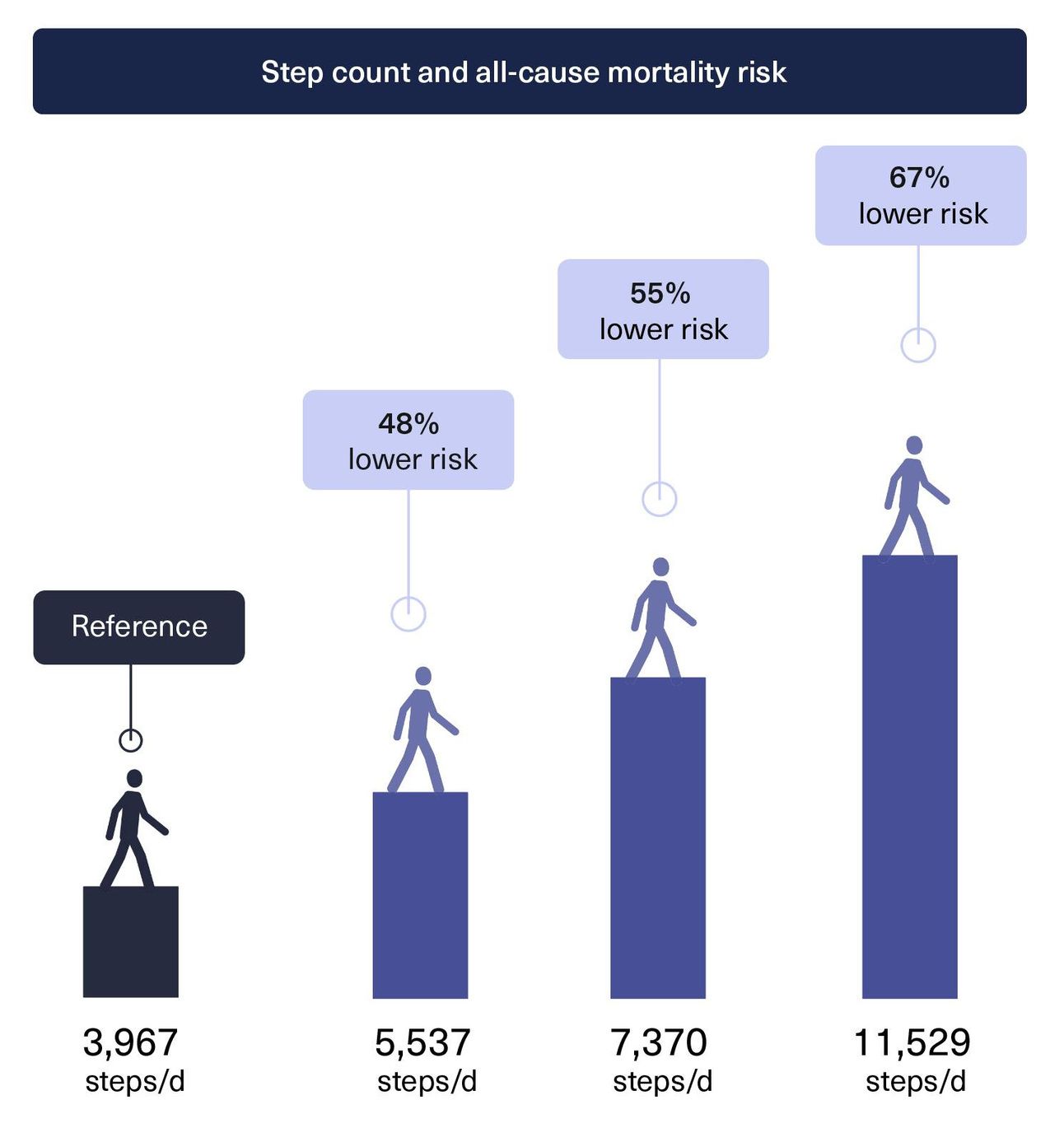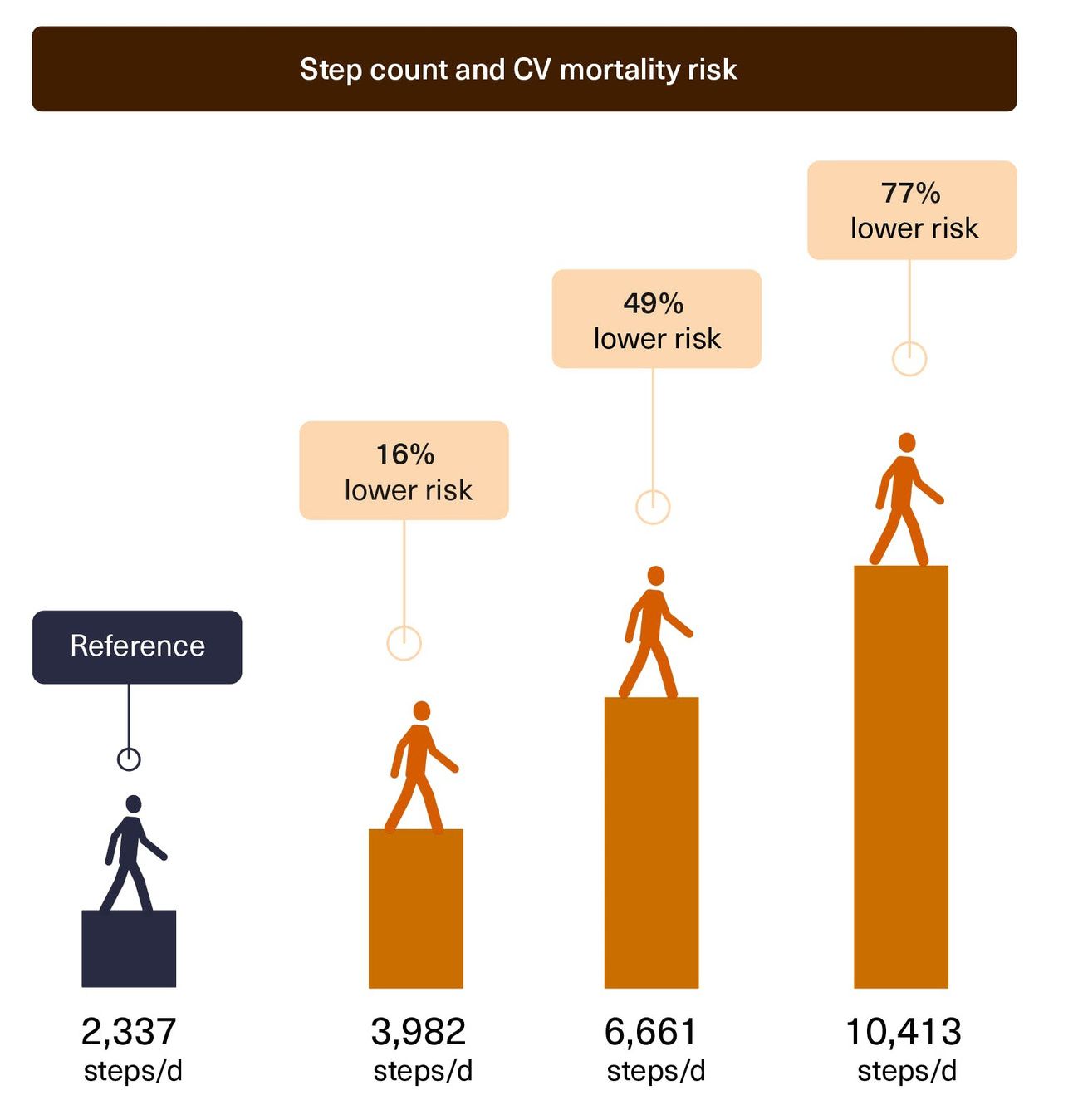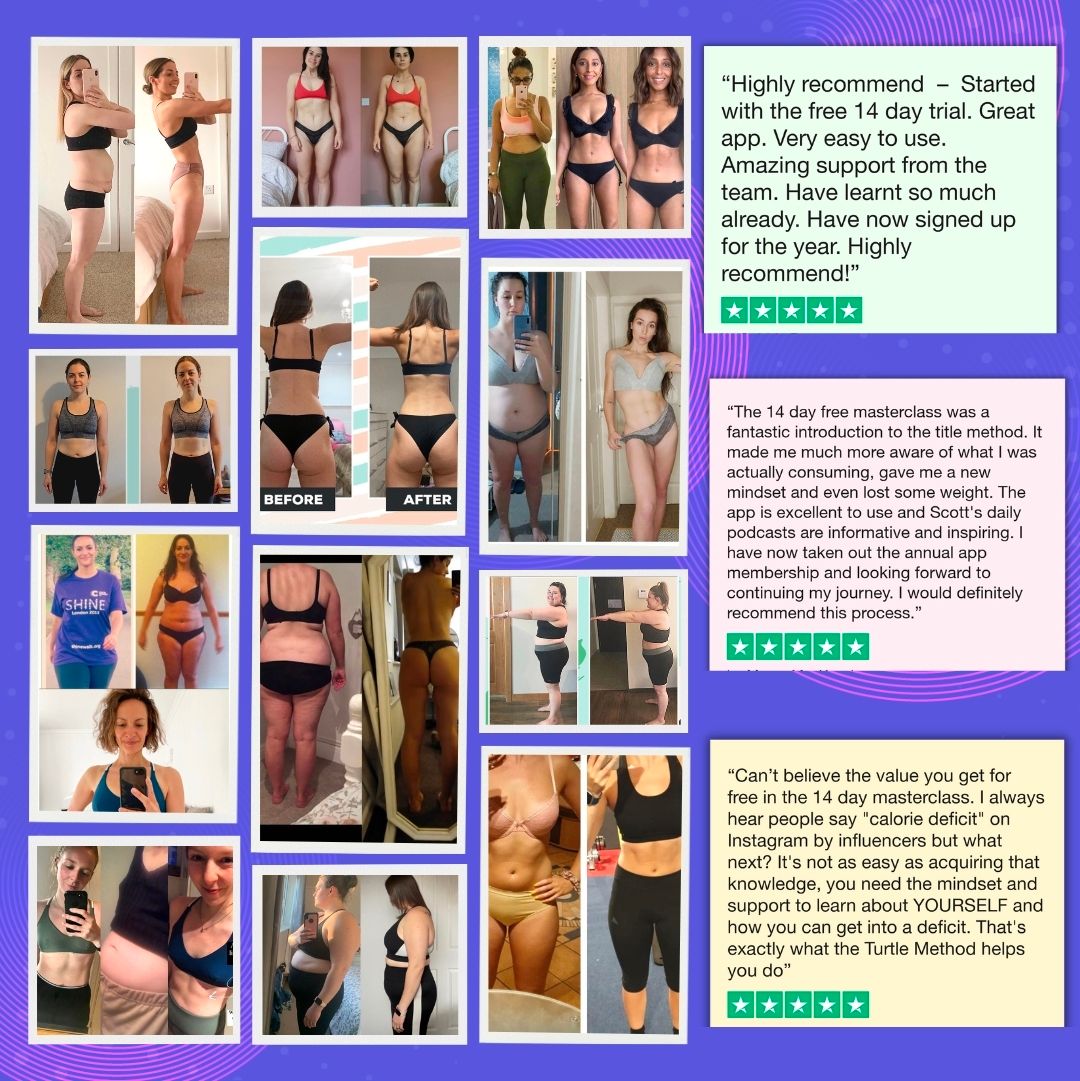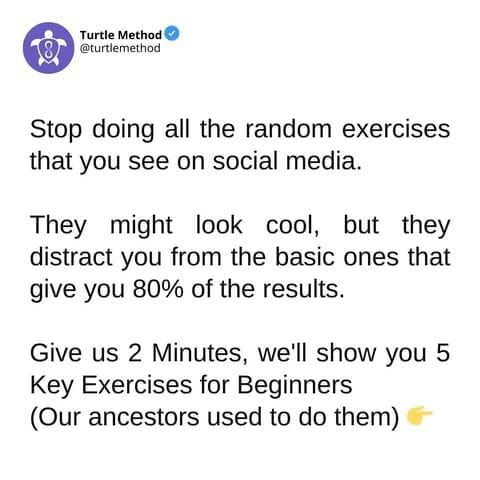- Women's Research Review
- Posts
- Women's Research Review 25
Women's Research Review 25
16/8 Method, Post Menopause, & Walking according to age
Welcome to today's edition of Women's Research Review. In just 5-10 minutes, you'll get some 3 fascinating studies all about women's health and wellness. Plus, stay tuned for an exclusive holiday surprise at the end!
1st Study
Study Review: The 16/8 Method for Weight Loss 🥗
Why Women Are Choosing the 16/8 Fasting Method 🤔
The 16/8 fasting method is a hit among women for its simple approach and significant health perks, especially in weight management. 🏃♀️
Key Benefits of the 16/8 Fasting 🌈
Effective Weight Loss: A key 2022 study in Nutrition and Healthy Aging shows the 16/8 method significantly cuts calorie intake and aids weight loss in women. 📉 PMID: 36388372
Appetite Management: Fasting adjusts hunger hormones. Ghrelin (the hunger hormone) initially spikes, then drops with ongoing fasting, leading to reduced appetite. Leptin sensitivity also improves, enhancing the feeling of fullness. 🍽️
Brain and Hormonal Harmony: Fasting impacts brain areas related to hunger, aiding in better appetite control. It increases satiety hormones like PYY and GLP-1, ensuring you feel full longer. 🧠
Consistent Fasting effectively curbs hunger, making weight management more manageable.
Main Takeaway:
The 16/8 method isn't just a diet trend; it's a lifestyle change that offers sustainable weight loss and better control over appetite. 👍
Actionable Step:
Start with a shorter fasting period and gradually extend it, observing how your body adapts. It's about gaining control over your health.
Begin with a manageable fasting period, then gradually increase it as you feel comfortable. Keep in mind, the ultimate goal is to create a calorie deficit.
Track your food intake to ensure you're not overeating during your eating window. It's about finding a balance that works for you, leading to a healthier lifestyle.
Note: If you’re not a fan of fasting, it’s OKAY. You’ll still lose weight (as long as you’re in a deficit)
2nd Study
Study Review: Exercise and Muscle Damage in Postmenopausal Women
Muscle Damage and Exercise: What Happens After Menopause?
Curious about how menopause affects your workouts? A 2021 recent study looked into this, focusing on muscle damage from exercise in women who have gone through menopause. PMID: 34039086
Quick Study Summary 🧐
The study compared muscle responses between women who were postmenopausal and those who weren't. They all did squat exercises, but in different ways based on their menopausal status.
Key Findings 🔍
Here's the scoop: whether you're postmenopausal or not, your muscles react similarly to exercise. Menopause doesn't significantly change how your muscles handle or recover from a workout.
Main Takeaway:
Crossing into menopause doesn't mean your exercise recovery will get tougher. Your muscles are still up for the challenge, whether you're hitting the gym regularly or just starting out.
Actionable Step:
Continue with your workouts, be it resistance training or something else you enjoy. Menopause isn't a setback in your fitness journey. Keep active, and listen to your body's cues. Stay strong and healthy!
If you’re a totally newbie, try these basic home bodyweight exercises as a starting point:
3rd Study
Study Review: How Walking Reduces Mortality Risk 🚶♀️
Quick Insights on Walking and Health 🌟
A new study shows how daily steps impact longevity, with data from about 227,000 people over 7 years.
Key Findings 📊
More steps = lower death risk. Every extra 1,000 steps/day cuts death risk by 15%. 📉
For cardiovascular health, every additional 500 steps/day reduces risk by 7%. ❤️
Ideal Step Counts 🏃♀️

All-Cause Mortality Risk Reduction ☝️
5,537 steps/day = 48% lower risk.
7,370 steps/day = 55% lower risk.
11,529 steps/day = 67% lower risk.

©physiqonomics
Cardiovascular Mortality Risk Reduction ☝️
3,982 steps/day = 16% lower risk.
6,661 steps/day = 49% lower risk.
10,413 steps/day = 77% lower risk.
Age Factor 👵👩
Older adults (over 60): Best benefits at 6,000-10,000 steps/day.
Younger adults (under 60): Best benefits at 7,000-13,000 steps/day.
Main Takeaway 🌈
Increasing your daily steps can significantly reduce your risk of death, especially from heart-related issues.
Actionable Step 👟
Strive for the ideal step range for your age. Every step contributes to a healthier, longer life! Don’t worry if you can’t hit 10k steps a day, aim at least 6K steps and you’re good to go!
🐢 CODE: TURTLEFIRST
OUR LAST CHALLENGE OF THE YEAR
🎉 Kickstart your wellness journey with our FREE 14-Day Nutrition Masterclass!

🍎 Ditch diet confusion and embrace weight loss made simple.
Get personalised nutrition, workout sessions, and a virtual coach in your pocket. Transform and join the fun now! 💪💖🎉


